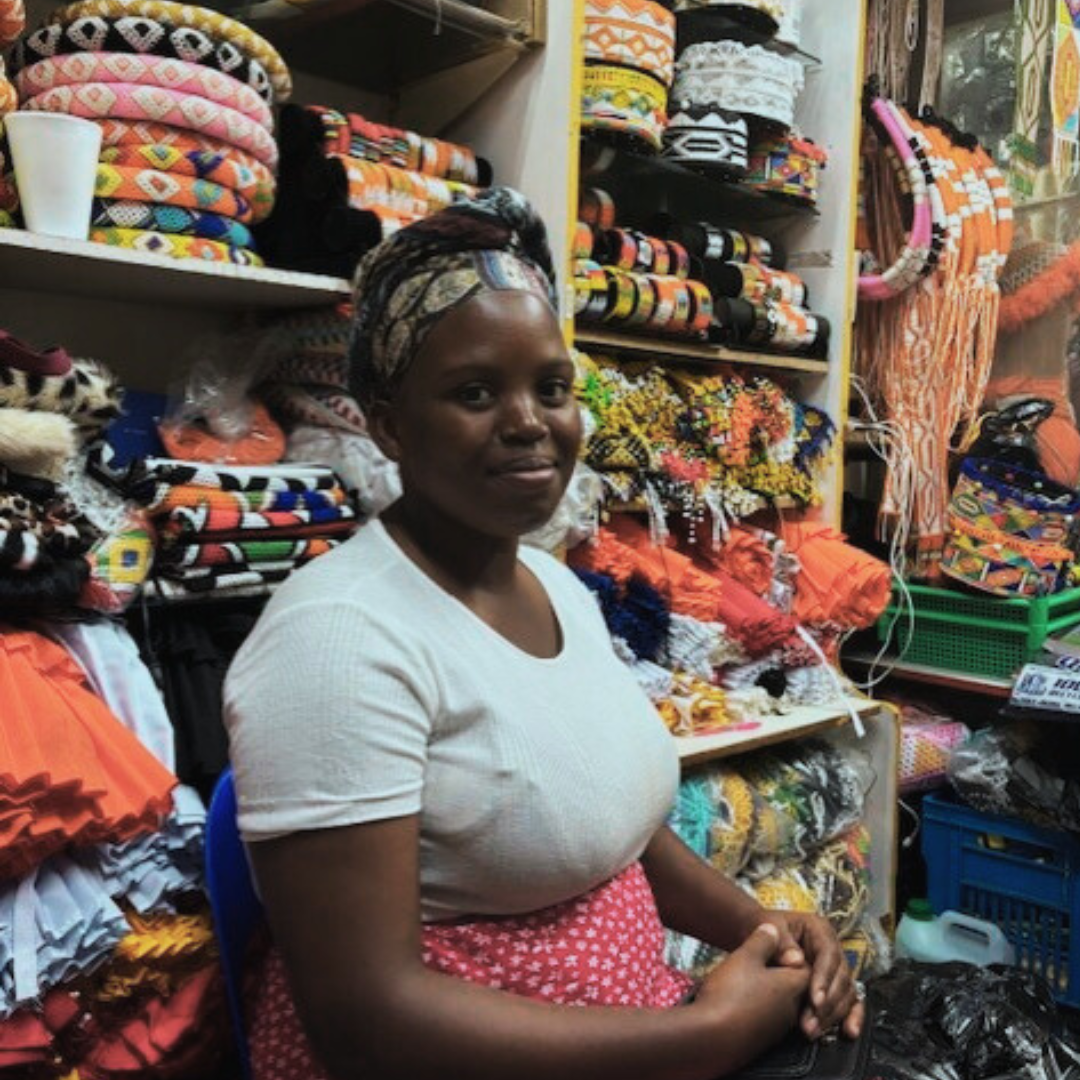Dr. Kim Cliett Long is a distinguished historian, author, and Project Administrator for the Jonathan Green Maritime Cultural Center at the University of South Carolina Beaufort, where she spearheads initiatives celebrating African and African American maritime art, history, and culture. Her pioneering contributions to African Maritime History have been recognized through inclusion in The HistoryMakers, the world’s largest oral history archive of African Americans who have made significant contributions to American life, history, and culture during the 19th, 20th, and 21st centuries. The HistoryMakers oral history archives are housed at the Library of Congress. Dr. Long’s latest publication, The First Marketplace: Africa’s Role in Shaping World Trade, offers readers a comprehensive exploration of Africa’s profound impact on global commerce and economic history. Also, an accomplished expert in distance and online learning, Dr. Long has notably advanced educational technology and virtual learning methodologies, significantly enhancing access and inclusivity in higher education. Beyond scholarly research, she has been actively engaged in the community, notably co-hosting events such as the Market Matriarchs Tea alongside renowned artist Dr. Jonathan Green, celebrating Charleston’s trailblazing women entrepreneurs. Dr. Long’s dedication to illuminating Africa’s rich heritage and her expertise in digital education firmly position her as a leading voice in her fields.
About Brig. Gen Terrence Adams
Brig. Gen. Adams was born in Tuskegee, Alabama, and enlisted in the Army as a private after high school. After serving in the Army for six years, he entered the Air Force through the Reserve Officer Training Corps at Alabama State University – Detachment 019 after graduating from Auburn University in Montgomery, Alabama. He commanded six times at the squadron, group, and wing levels, three of these commands while deployed. Most recently, he served as Commander, 628th Air Base Wing, and Commander, Joint Base Charleston, South Carolina. Brig. Gen. Adams deployed to Seeb Air Base, Oman, Kirkuk AB, Iraq, Ali AB, Iraq, and Al Udeid AB, Qatar in support of operations Southern Watch, Iraq Freedom, Enduring Freedom, New Dawn, and Combined Joint Task Force Horn of Africa. He has held a variety of positions at squadron, group, wing, major command, air staff and joint levels. Prior to his current position, the general was the Director, Cyberspace Operations and Warfighter Communications, Office of the Deputy Chief of Staff for Intelligence, Surveillance, Reconnaissance, and Cyber Effects Operations, Headquarters U.S. Air Force, the Pentagon, Arlington, Va.
About Jonathan Green
Jonathan Green is an internationally acclaimed artist and cultural historian whose work centers on the lives, labor, and legacies of African-descended maritime communities across the globe. A native of South Carolina’s Lowcountry and steeped in the Gullah-Geechee tradition, Green brings a unique cultural perspective to his vibrant portrayals of coastal life—celebrating the strength, self-sufficiency, and spiritual resilience of people whose livelihoods are bound to the sea. His art honors communities that have historically sustained themselves through fishing, farming, boat building, weaving, and trade, drawing parallels between African maritime cultures in the Americas, the Caribbean, Africa, Asia, and the Pacific. Green’s expansive vision highlights the global contributions of African and Afro-descended peoples to maritime industries, cultural exchange, ecological stewardship, and the preservation of coastal economies. Beyond his canvas, Green is a powerful advocate for environmental conservation, historical inclusion, and the global recognition of African diasporic knowledge systems. His work fosters cross-cultural dialogue and inspires new understandings of how art, history, and sustainability intersect in coastal communities around the world.


